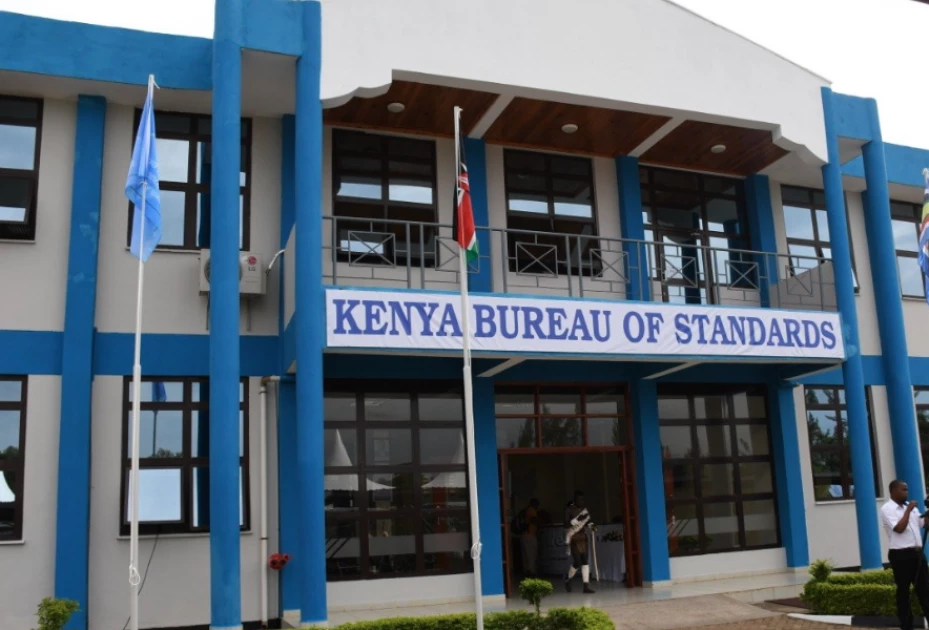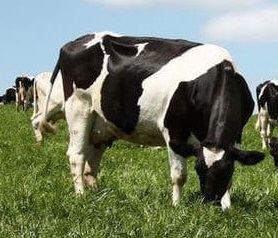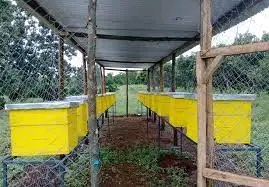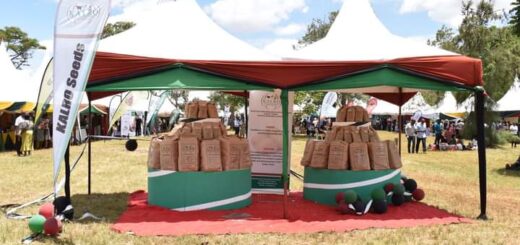Ensuring Agricultural Prosperity: The Urgency for Kenyans to Beware of Fake Fertilizers and Seeds
In recent times, Kenya has witnessed a concerning trend: the proliferation of counterfeit fertilizers and seeds flooding the agricultural market. This surge in counterfeit agricultural inputs poses a significant threat to the nation’s food security and economic stability. As such, it is imperative for Kenyan farmers and policymakers alike to remain vigilant and take proactive measures to combat this menace.
First and foremost, the prevalence of fake fertilizers and seeds undermines agricultural productivity and reduces yields. Counterfeit fertilizers often contain substandard or incorrect chemical compositions, which fail to provide the necessary nutrients for optimal plant growth. Similarly, counterfeit seeds may lack the genetic traits necessary for resistance to pests, diseases, or environmental stresses, resulting in poor germination rates and crop failure. As a consequence, farmers incur substantial losses in both investment and potential income, exacerbating poverty and food insecurity.
Furthermore, the proliferation of fake agricultural inputs perpetuates a cycle of dependency and vulnerability among farmers. When farmers unknowingly purchase counterfeit products, they not only suffer immediate financial losses but also become disillusioned with modern agricultural practices. This disillusionment may lead farmers to revert to traditional, less efficient farming methods, further perpetuating poverty and inhibiting rural development.
Moreover, the widespread use of counterfeit fertilizers and seeds poses serious environmental and health risks. Improperly formulated fertilizers can leach harmful chemicals into the soil and waterways, contaminating ecosystems and endangering public health. Similarly, counterfeit seeds may be treated with toxic pesticides or fungicides, posing risks to farmers, consumers, and the environment alike. Thus, the unchecked proliferation of fake agricultural inputs not only threatens agricultural sustainability but also jeopardizes the health and well-being of communities across Kenya.

In light of these challenges, it is incumbent upon both individual farmers and regulatory authorities to take proactive measures to combat the spread of counterfeit fertilizers and seeds. Farmers must exercise due diligence when purchasing agricultural inputs, scrutinizing product labels, certification marks, and supplier credentials to ensure authenticity and quality. Additionally, farmers should seek guidance from agricultural extension officers and agronomists to make informed decisions regarding the selection and use of fertilizers and seeds.Agricultural products
Simultaneously, regulatory authorities must strengthen enforcement mechanisms and enhance market surveillance to detect and deter the production and distribution of counterfeit agricultural inputs. This entails imposing stringent penalties on offenders, conducting regular inspections of agricultural input suppliers, and collaborating with law enforcement agencies to dismantle counterfeit networks. Furthermore, regulatory agencies should invest in public awareness campaigns to educate farmers about the risks of counterfeit agricultural inputs and promote best practices for ensuring product authenticity and quality.
In conclusion, the proliferation of fake fertilizers and seeds poses a grave threat to Kenya’s agricultural sector, jeopardizing food security, economic prosperity, and environmental sustainability. By remaining vigilant and taking concerted action to combat counterfeit agricultural inputs, Kenyan farmers and policymakers can safeguard the nation’s agricultural prosperity and pave the way for a sustainable and resilient future.



